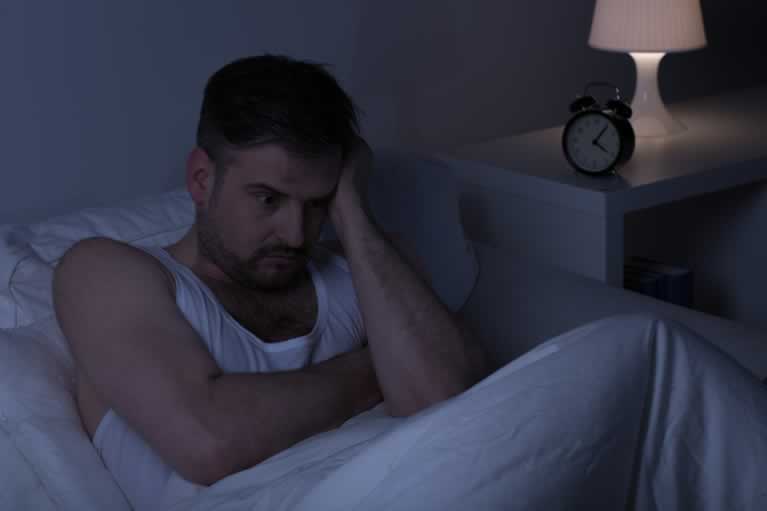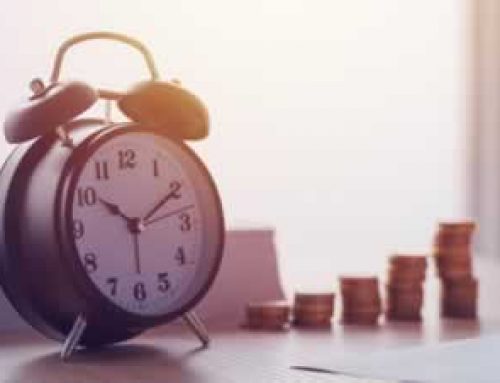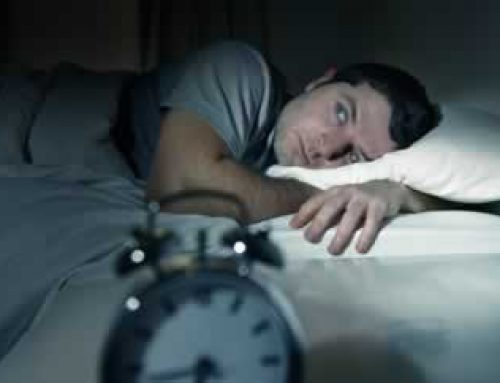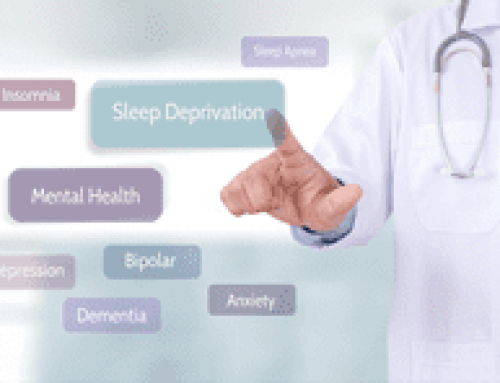Warning: Not Sleeping Can Make You Lose Your Mind and Health
Not getting the right amount of sleep each night can lead to serious health problems and have long-lasting effects on your body and mind. Did you know that the average person can survive two weeks without water but only ten days without sleep? Here are some of the ways not sleeping can make you lose your mind and health.
Impact of Sleep Loss on Your Health
When you’re not sleeping, the impacts on your health increase with the amount of sleep deprivation you experience.
7-10 hours – The recommended amount of sleep for adults to ensure daily alertness and improve health.
5-7 hours – The amount of sleep that American adults typically get each night.
- Adults who get less than 7 hours of sleep per night on a regular basis are more likely to have diabetes, asthma, or cancer.
- A little sleep loss is enough to dampen your immunity. This makes you more susceptible to colds, the flu, and viruses.
0-5 hours – The amount of sleep that puts you at high risk of a few health problems:
- 5X higher risk for diabetes
- 45% higher risk for heart attack
- 12% higher risk of death (under any circumstances)
Weighty matters
Research shows that people who sleep less than six hours each day are 15-30% more likely to become obese than who get at least seven to nine hours of sleep each day. When you’re not sleeping as much as your body needs, it kicks off a chain reaction of activities that lead to an increase in calories consumed at a time when your energy expenditure is at an all-time low. Here are a few of the weight gain causing activities that happen:
- The lack of sleep activates your body’s fight or flight response causing it to store fat in reserves for future use and to release hormones that keep alert, leading to more sleep loss.
- Your levels of leptin, a hormone that signals you’re full, to fall tricking you into thinking you’re hungry when you’re not. At the same time, your levels of ghrelin, a hormone which signals that you’re hungry, increase resulting in an increased appetite.
- Sleep loss also causes activity in the ‘reward’ centers of the brain to increase, making you more likely to satisfy your increased appetite with junk food that is high in sugar, salt, and fat.
Driving on fumes
In driving tests, adults who had been awake for long periods of time performed on par with drivers who had consumed alcohol.
- 16-19 hours without sleep = .05 BAL
- 21 hours without sleep = .08 BAL – legally drunk
Drowsy driving is a serious matter. There are 100,000 auto crashes caused by drowsy drivers annually.
Impact of Sleep Loss on Your Brain
Not sleeping can also cause parts of your brain to slow down or shut down completely. This is part of the reason why you feel like you’re in a fog and moving in slow motion when you’re overly tired.
When you sleep, brain cells shrink up to 60% during sleep to make cleaning easier. The flow of cerebrospinal fluid also increases significantly to flush waste from your brain. If your sleep quantity and quality are reduced, this doesn’t happen as it should.
Here are some of the impacts of sleep loss on different areas of your brain:
- Parietal lobe – This area of your brain is responsible for math and logic. When you lose sleep, it causes you to have slower thought processes and difficulty forming logical conclusions to problems.
- Neocortex – This area of your brain is responsible for memory and learning. When you lose sleep, it makes it difficult for you to learn new tasks and make abstract connections between concepts.
- Temporal lobe – This area of your brain is responsible for language. – When you lose sleep, it may cause you to have slurred speech.
- Prefrontal cortex – This area of your brain is responsible for judgment and visuals. – When you lose sleep, it results in blurred vision and hallucinations.
- Frontal lobe – This area of your brain is responsible for creative thinking. When you lose sleep, it makes it difficult to use your imagination, come up with original ideas, or stay focused. It may even lead to stuttering and the overuse of clichés in your speech.
If you’re not sleeping, you’re not alone. Researchers estimate that over 70 million Americans have insomnia. The most important thing to do to ensure your health is to figure out why you’re not sleeping. You may be able to easily identify short-term causes like a stressful work project or changing jobs, but longer-term causes can be challenging to figure out on your own. A great first place to start is with our online Sleep Assessment which assesses your sleep for over 30 possible sleep problems. If the assessment shows signs of Sleep Apnea or another sleep disorder, make an appointment with your personal physician to discuss options of a home sleep test from Vitalistics to get to the bottom of your sleep problems. Start your path to better sleep today.












